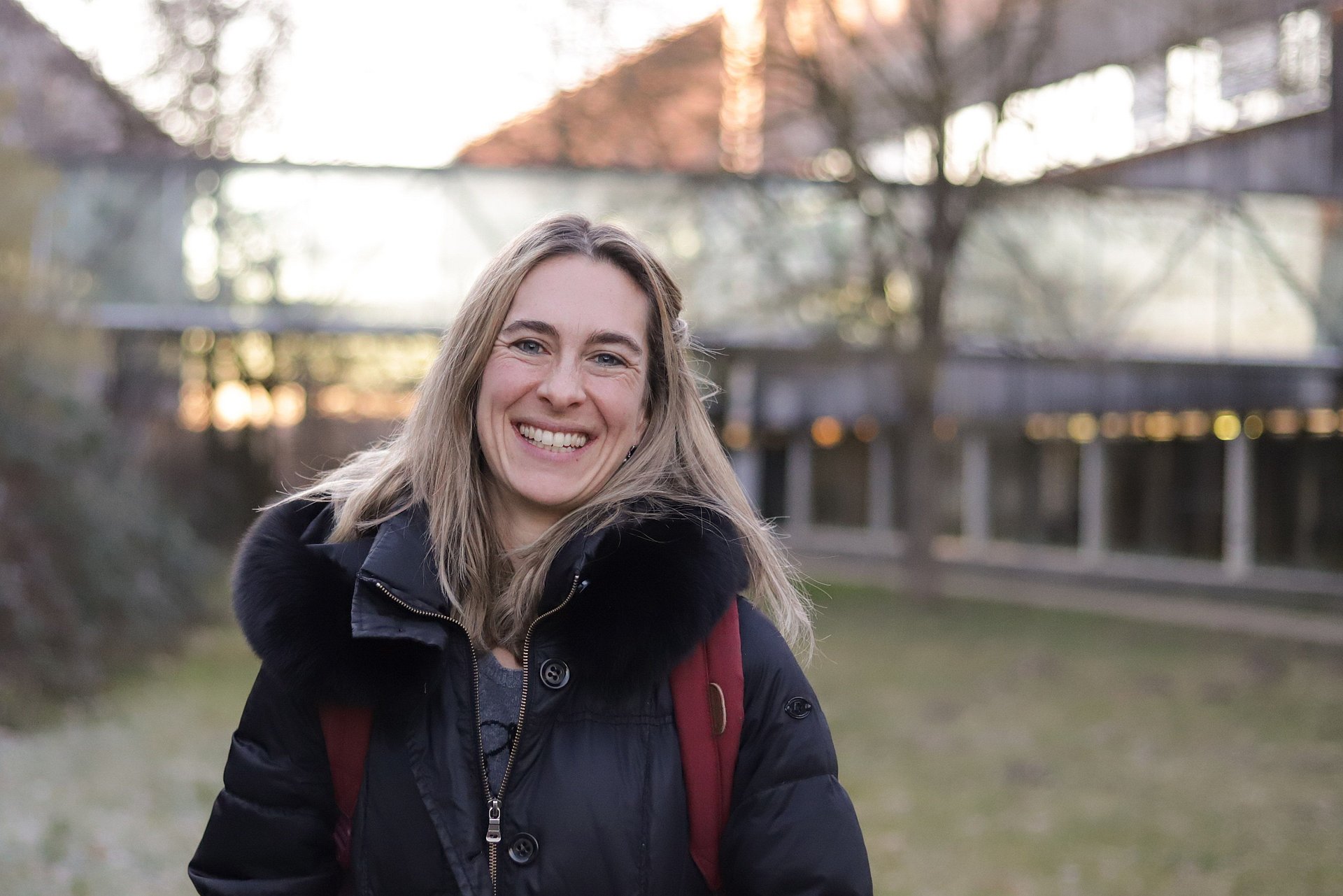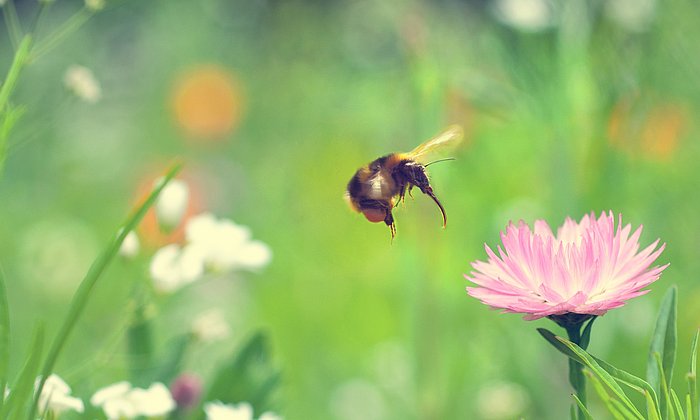TUM@Freising lecture series for the first time online with two lectures
Forests and bees - a coexistence for biodiversity?

At regular intervals, the TUM School of Life Sciences presents its research with lectures that are also of interest to the public. There is also enough time for a discussion after each lecture. The lecture series is intended to provide access to scientific work at the Weihenstephan campus and offers scientists public input for their research work. Due to the Corona pandemic, the lectures unfortunately had to be paused last year. On Tuesday, April 27, 2021, lectures will be held again for the first time - this time moderated by Professor J. Philipp Benz.
Bees facing extinction?
The topic of insect and especially bee mortality has been a recurring topic of public discussion for some time and has also reached many people at home in their own gardens. Committed citizens have already launched many initiatives to make the world a better place again for bees and other insects.
But what exactly is the truth about bee mortality? Why are our most important pollinators dying? And can we really do anything to stop the dying? Prof. Sara Leonhardt's lecture will use scientific evidence to provide answers to these and other questions.
Forests and their structures
Not all forests are the same. Depending on which tree species occur, how the trees stand together and how much undergrowth there is, forest structures differ greatly from one another. Thus, forest structure influences what habitats are available for plants and animals, how productive forests are, and what other social services they provide. In view of frequent droughts and their effects, there are discussions on the political, social and scientific level about the composition of forests, how to deal with deadwood and how to manage forests.
In his lecture, Prof. Peter Annighöfer aims to broaden the understanding of forest structures. He will also show which methods can currently be used to record forest structures in order to make forests more globally comparable.
Live stream on April 27 from 6 p.m. onwards
The lectures can be followed live via Zoom (password: 415304) and the TUM YouTube channel. Those who dial in via Zoom can ask their questions to the speakers via chat. Registration is not necessary.
The lecture series "TUM@Freising - Science Explained for All" is organized by the Technical University of Munich together with the city of Freising. Further information at: www.freising.wzw.tum.de
High-resolution images of the speakers: https://mediatum.ub.tum.de/1609364
Technical University of Munich
Corporate Communications Center
- Dr. Katharina Baumeister / Susanne Neumann
- katharina.baumeister@tum.de
- presse@tum.de
- Teamwebsite


